Powers seeks hand in rebuilding trust between teachers and students following equity audit results

Janice Powers is looking to implement the district’s recommendations on the racial equity audit if elected to the Pelham Board of Education, building off her work with Bridges of Pelham.
“I think the equity audit put a nice cover over these issues that we can’t ignore that have to be addressed,” said Powers. “They’re not going to go away if we don’t address it.”
“[I] didn’t view the equity audit to tell me what was happening in regards to race in school.” Powers instead spoke with black students in the middle school and high school about their experiences.
“It never started with these kids being happy,” she said. “It always started with ‘well this happens’ and ‘that happens’… particular to my work in Bridges, being called the n-word of all varieties, kids being told that they’re slaves. Then recently I went to the anti-Asian hate rally where I spoke, and listening to those students who still tell me that people would pull their eyes back, like people are still doing that. People did that when I was a student 20 years ago.”
The two school board seats on the ballot are currently held by Eileen Miller and Jess Young, who are both seeking reelection. The other two candidates are Michael Owen-Michaane and Ian Rowe. Terms of office are three years. The vote for trustees and the district budget is May 18.
“I support the equity audit, and I think one of the main things that needs to be addressed is building that trust within school again, between the students, but also the students to the teachers,” Powers said.
She said that the district should take a better look at diversifying curriculum and finding ways to make it more inclusive. “If you’re reading a book with the n-word in it, what’s our policy on that? I would say the n-word should never be used in the classroom, and it should be explained why it should never be used because when you use it in the classroom, it gets used in the cafeteria and on the playground and it’s scratched on a locker.”
Powers said the effort to diversify curriculum should not only be for African American culture, but for all cultures in order to represent all students. She also mentioned the importance of the district supporting teachers and ultimately bridging any the existing divide between diverse students and white staff.
Powers went through a modified Princeton Plan as a teenager. “And if I hadn’t gone through a modified version of it, I would not be here in Pelham Manor, I wouldn’t be an attorney, because I grew up in an underfunded, segregated poor black neighborhood because my family immigrated,” she said.
Her family immigrated to the U.S. when she was in middle school. When she graduated, her teachers encouraged her to attend a better high school. Powers commuted by bus, subway and foot daily for four years to learn at a predominantly white high school. “There were pluses and minuses to that, but if it wasn’t for that option available to me, I wouldn’t be the educated person that I am today living here,” said Powers.
The racial equity report by the NYU Metropolitan Center for Research on Equity and the Transformation of Schools, specifically suggested the Pelham district revisit the implementation of the Princeton Plan at the elementary level to better integrate younger students. The Princeton Plan, considered ten years ago, would eliminate the neighborhood elementary school system, instead populating the schools by grade.
Powers said a selling point in her move to Pelham was the short distance between schools from houses, giving her the peace of mind knowing her child could get home safely from school.
“I value neighborhood schools just like everyone else,” Powers said. She said she will not “demonize” the Princeton Plan, but if elected it’s “not something I’m seeking to impose on other people in my community,” as she understands how much the community values its neighborhood schools. According to Powers, implementing the Princeton Plan is “not a decision for one board member, that’s a decision that has to come from the input of all members of the community.”
She said alternative ways of connecting students in the four elementary schools could include activities such as “Pel Pals” where students would write to a pen pal, or an outdoor event of some sorts.
At the start of the pandemic, Powers said having her daughter home was difficult and she found her daughter’s normal bubbly, energetic self shifted after being isolated at home. She said the hybrid model “was the beginning of something better” and she is extremely thankful for the return to full-time in-person learning.
Powers believes the district needs to make the emotional support of students in their return to school a top priority.
“I don’t think social and emotional health has been a priority in the schools, and I’m glad in some ways that the pandemic focused the district on it,” Powers said, noting inclusion of professional staff, group discussions and other ways for students to access emotional support as ways for the district to approach this need.
Editor’s note: The Pelham Examiner is publishing individual profiles of the candidates for the school board. Below are the other stories published in the series.
Cristina is a senior at Pelham Memorial High School. She is the class of 2023 secretary and the Editor-in-Chief of the PMHS Pelican Yearbook. Cristina...




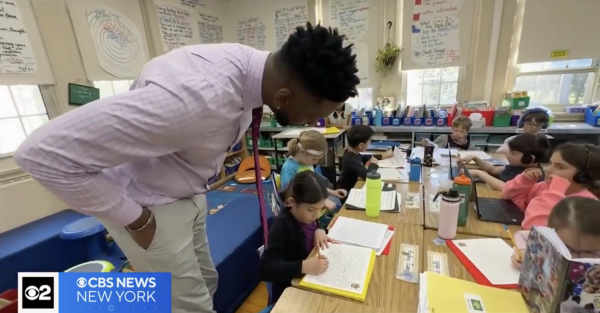

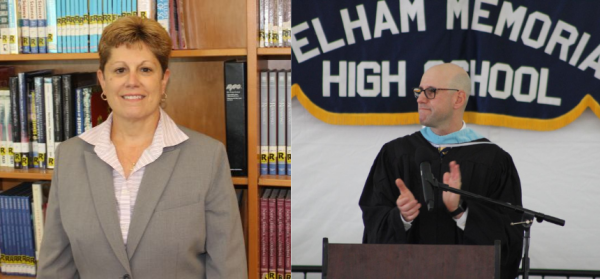
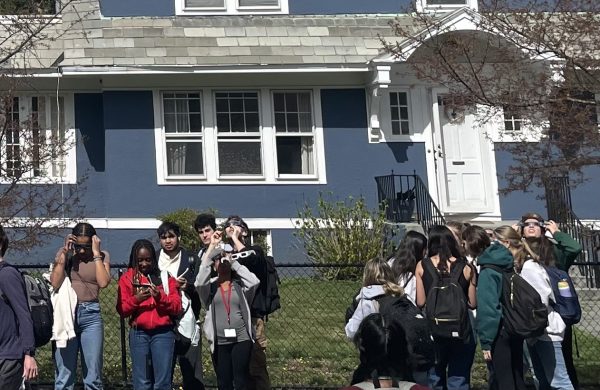
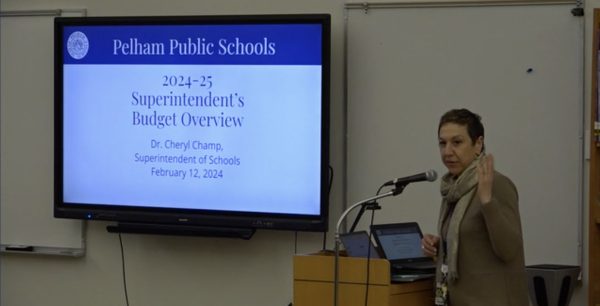
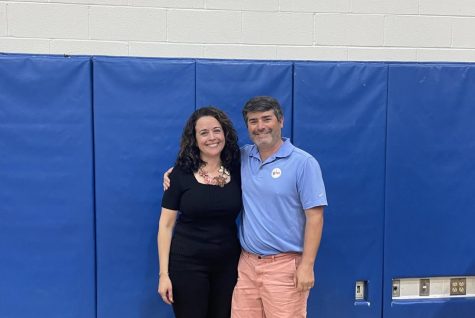
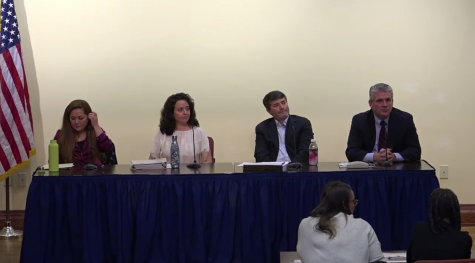
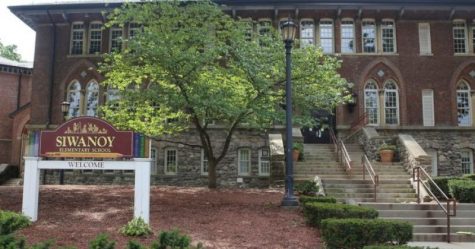
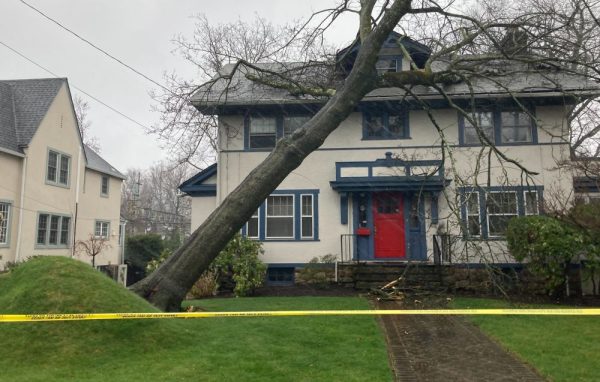
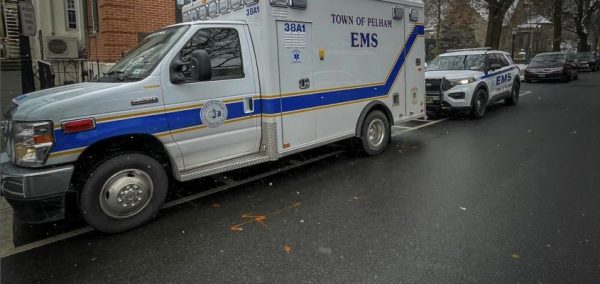

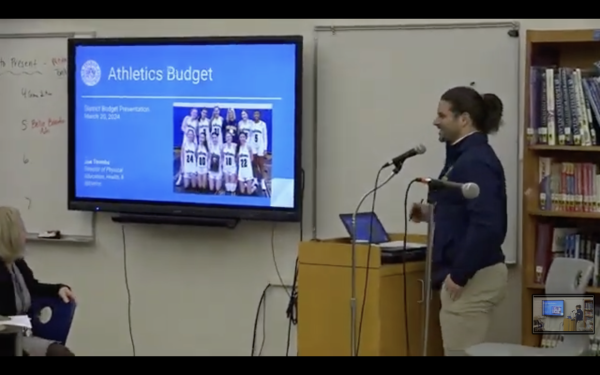
Kathryn Soderberg • May 17, 2021 at 10:20 am
Wow – Ms. LeeSang! I just realized that you are a PMHS student! I am impressed by your eloquence and poise.
Kathryn Soderberg • May 17, 2021 at 10:12 am
Fair points, Ms. LeeSang. I appreciate your comments and want to make sure I understand them. You believe that Ms. Powers neither supports nor opposes the Princeton Plan in her role as a candidate for the BOE – is that correct? If that is in fact the case, I agree that, for me, this issue will not impact my decision for whom to vote. I do continue to believe that each voter may make up their own mind as to whether the fact that the statements were made impacts their vote. These statements were not made up or misattributed and Ms. Powers has had the opportunity to address them. In addition, while it is true that elected officials sometimes vote based on public opinion rather than their own opinion, I think it is naive to believe that elected officials do not at least consider their own opinion when making decisions. Given these facts, I think voters may rightly decide for themselves whether this is an issue or a non-issue to them, rather than being told it is a non-issue.
Though I appreciate Ms. LeeSang’s explanation, it would be helpful to me if someone could direct me to any clarification from the candidate, Ms. Powers, of the remarks from the March 22nd article. I do not see the Princeton Plan addressed on Ms. Powers’ website or Facebook page and I unfortunately missed some of the candidates’ forum if it was addressed there. I do try to avoid Facebook posts as the incivility and bullying contained in some posts on our local pages makes me feel sad for our town, so I apologize if it is all set forth there.
Nadine LeeSang • May 16, 2021 at 11:27 pm
While we do our best to elect people with similar viewpoints as us, sometimes elected officials make decisions based on public opinion and what is best for the people or community they serve, even if it is different from their personal beliefs. I do not believe that Ms. Powers had a “sudden change of heart” once she decided to run for office. Instead, she clarified her action plans as potential BOE member while listening to the people of Pelham, which is why the distinction between her remarks as a candidate and as a citizen before her candidacy is important.
The article states that Powers does not seek to impose the Princeton Plan onto others, nor will she demonize it. To me, this demonstrates her ability to listen to the community’s desires and work with the rest of the BOE to decide whether the plan is worth further consideration. Of course this is my interpretation as I cannot speak on behalf of Ms. Powers, but I do think we need to keep in mind that sometimes elected officials vote based on public opinion rather than their own opinions before voting in Tuesday’s election.
Kathryn Connors Soderberg • May 15, 2021 at 10:00 pm
I am confused by the attempted “distinction” asserted in Ms. Labonte’s letter between Ms. Powers’ “personal views and lived experience” and presumably how she would vote if she were a school board member. The March 22 article stated, ” [o]f the Princeton Plan, Powers said, ‘I think it’s a good option, to be honest with you, and the reason I think it’s a good option is because at this point, I don’t see any real frequent or regular interaction between the four elementary schools.'” I agree that Ms. DeDomenico, BOE chair, has made it clear that the Princeton Plan is not currently on the table for THIS BOE with the CURRENT BOE members. There are 2 BOE member seats up for vote next week and 3 more next year. Thus, I do not agree that Ms. Powers’ position on this is a “complete non-issue” unless we presume the BOE members will remain the same for the next year. If Ms. Powers were elected and 2 or 3 or 4 BOE members with similar positions (personal or official, whatever the distinction is) were elected between now and June of 2022, the Princeton plan may no longer be a “complete non-issue” even if we accept Ms. LaBonte’s assertion that it is now. I am in no way commenting on whether the Princeton Plan would be good for Pelham or doable for Pelham given transportation and other issues. Rather, I am stating that I do not believe Ms. Powers’ position set forth on March 11th, even if made before she became an “official BOE candidate,” can be dismissed as a red-herring or a “non-issue.”
Melissa Labonte • May 11, 2021 at 1:57 pm
For the record, the 22 March article reflects Ms. Powers’ personal views and lived experience – as the title clearly conveys. She did not become an official BOE candidate until 2 April.
If you review her public remarks as an official BOE candidate (all available on her FB page), it’s clear that she and her family moved to Pelham because of the strong appeal of the community/neighborhood elementary school structure, which differed from the public school experience she had as a student.
The Princeton Plan is clearly not part of her platform – why would it be? It’s a complete non-issue, as the current BOE has already confirmed in its official capacity.
Ferdinand Spucci • May 11, 2021 at 12:45 pm
Maybe my old eyes are having trouble reading statements by candidate Janice Powers but I am pretty sure I read that she endorsed the Princeton Plan in a Pelham Examiner article last March ( https://pelhamexaminer.com/33169/schools/problems-detailed-in-equity-audit-are-lived-experience-for-bipoc-grad-parents-who-call-for-changes/).
“…With the Princeton Plan, “kids will know each other more and in better ways…”
Now she claims that she has never endorsed the Plan for Pelham.
So why the change of heart?
I certainly agree that people are allowed to ‘change their mind’ on subject but, this is an important topic. One that requires careful consideration before supporting a plan that would force our youngest children to be bussed across town rather than attend the nearest elementary school.
Many Pelham residents came to this town because of the neighborhood schools. They loved the idea of the proximity of the elementary schools so their children would not have to be subject to the bus bullies and anxieties that many of them had experienced in their youth. The Princeton Plan is a bad plan for Pelham.
We need a board member who thinks things through before making public statements and certainly one who can be trusted to follow through on promises made. Not one who “shoots from the hip” and then changes her position to win an election.